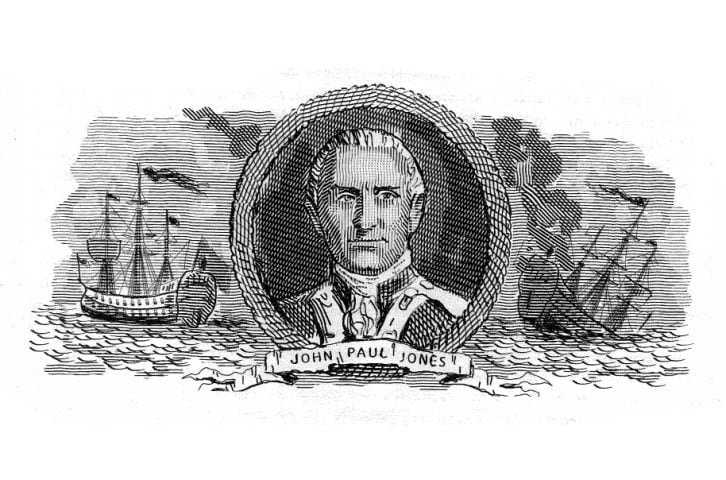The last thing George W. Bush wanted was to become a foreign policy president. That fate had befallen his father, and the son figured that the buck should stop there. So in 2000 Bush ran on an energetic domestic agenda that he dubbed "compassionate conservatism," borrowing the name and some of the policies from Myron Magnet and Marvin Olasky.
Forth poured education grants, paired with student exams for the sake of accountability; social-service funds, open now to faith-based organizations prepared to render unto Caesar; and prescription drug benefits, too late, alas, to steady the hands of those senior citizens who had wrestled with the Florida chads—but promising a thoroughly modernized Medicare that would make them glad they had misvoted. All in all, a popular or at least popular-sounding agenda, topped off by tax cuts that Bush thought would be a balm to the economy and to any skinflints who worried that all this might cost them too much.
Almost four years later, however, President Bush isn't getting a lot of credit for his compassion. Predictably, the Democrats threaten to see his bet and raise it: to John Kerry, Bush's gusher of domestic spending is but a trickle, downwards, of course. So the administration's compassion—which extends to taxpayers too, after all—by comparison looks half-hearted. Besides, job growth is lagging, the deficit is rising, and no one is very excited about Bush's ongoing domestic agenda, least of all conservatives.
The premise of Ronald Reagan's domestic policy was clear: limited government. He cut taxes, reduced the regulatory burden on business, and kept discretionary domestic spending under control. Even though he failed in his larger ambitions to rein in the federal government, the touchstone by which to measure his success or failure was reasonably clear. One can't say the same about the Bush Administration.
The best case for the president's policies is made by ingenious commentators like George Will and Daniel Casse, who argue that Bush is pioneering a timely, audacious version of "big government conservatism." But you'll never hear him say that, and for good reason—because it would dishearten his friends and enlighten his enemies.
As a political issue suddenly coming out of the closet, gay marriage affords Bush some advantages but probably not many. His compassionate stance screens him against charges of bigotry, but makes it harder to press the argument that lies behind the public's anxiety, which is not so much that judges are out of control but that homosexuality is bad or wrong or at least not as good as its opposite.
To the extent that he lacks a firm foundation and rallying point for his domestic policy, Bush is forced increasingly to stake his reelection on foreign policy. Like his father before him, it was the pressure of events that drove him to it. In his father's case, it was the fall of the Soviet empire followed by Saddam's invasion of Kuwait; in his own case, the awful events of September 11, 2001. Bush knows how much his father's premature declaration of victory in Iraq damaged him, combined, to be sure, with his fatal blunder of raising taxes after promising not to. That's one mistake that George W. will not make. But even his insistent tax cutting hasn't won him the support he needs.
Despite his best efforts, then, Bush is more of a foreign policy president than he'd like to be. But he's making the most of it, steeled by the fact that the country still faces ruthless foes who will exploit any weakness, and calling himself, accordingly, a "war president." Indeed, he calls himself this rather often, as if we needed reminding. Does he worry that the public has forgotten already? And truly it is a strange kind of war that permits the country blithely to agree to a new drug entitlement and to the highest increases in domestic spending since the Great Society, all the while being reassured that the military need not expand by so much as a platoon.
The polls suggest that as Americans feel more secure, or at least as they notice the war less, they regard President Bush less favorably. This has led a few critics to wonder if victory is his electoral nemesis, as it was for Churchill in 1945. But Bush doesn't claim to have won the war on terrorism; indeed, he emphasizes that it's a new kind of war that will go on for a long, long time.
Perhaps, then, what the voters really wonder is whether this is war or only a new kind of protracted, indecisive police action, better fought now by airport screeners and international organizations than by the military. In that case, Americans may be tempted to elect a candidate who will declare victory—or stalemate—and bring our troops home. After decades of intoning the lessons of Vietnam, John Kerry's moment may have arrived, just when we need a war president who will insist on nothing short of victory.


